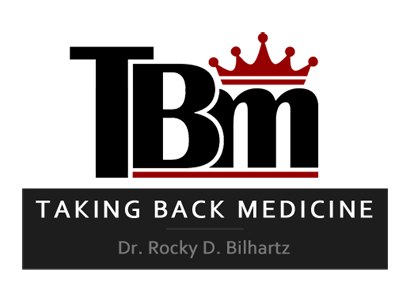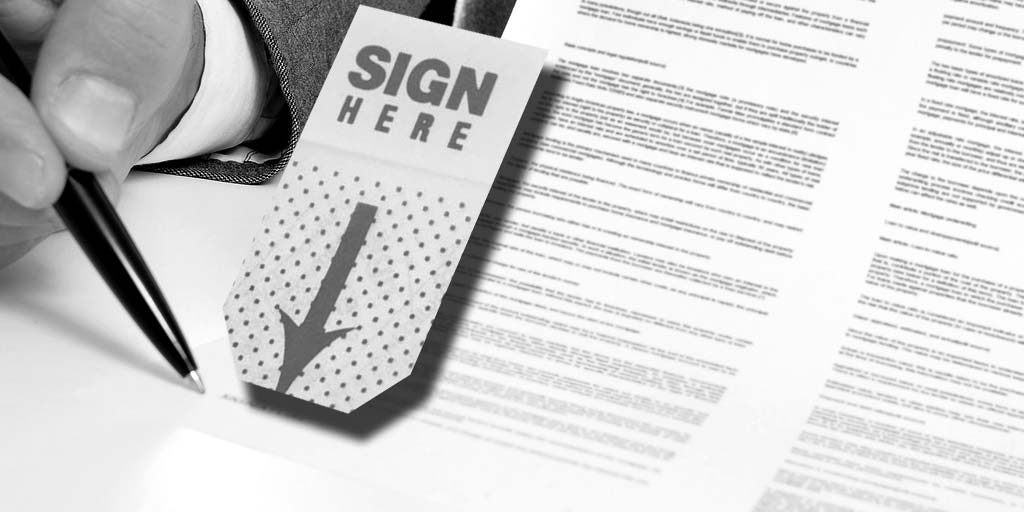You are having a heart attack.
Uncomfortable doesn’t really describe what you are feeling. You have severe penetrating pain in the chest. Excruciating discomfort.
You are breathless. You lie on a stretcher moving rapidly through an emergency department. You are on your way to a heart catheterization lab on the hospital’s second floor. You need an immediate procedure in order to save your dying heart muscle.
I meet you in the hallway and keep pace with the team of individuals who are transporting you. I’m the first physician you have seen. Everything is moving quickly and this is actually a good thing for you. Time is muscle.
I’m in my final year of medical training. Eleven years removed from my college degree. Seven years removed from medical school graduation. More than 29,000 hours of medicine under my belt as a physician.
I will be the individual performing the procedure needed for your heart.
The rest of my team is upstairs rapidly preparing the necessary equipment. As I join you in the elevator en route to the second floor, I pull out four pieces of paper that have been tucked into my pocket. I carry two copies of these forms with me at all times. For situations just like this.
These papers, collectively, make up your procedure consent form.
You might think that I would spend these precious moments with you checking your pulse, listening to your heart beat, or removing garments ahead of time to hasten your preparation for a potentially life-saving procedure. But, you would be wrong.
Instead, like an auctioneer, I ramble off a list of potential complications that somebody somewhere has experienced while undergoing the mini-operation that’s now being recommended for you.
Ultimately, I inform you that you could die. And, then…
“Please sign right here,” I say.
I know what I’m doing is perhaps the most harebrained idea to ever infiltrate clinical medicine. But, I’m a rank-and-file soldier working within a hospital tanker ship. I’ve been told to do it this way. And, so, I perpetuate the madness.
Keep in mind that you have already received several doses of narcotic pain medications en route to the hospital. You are having a heart attack for crying out loud! Your mental calmness is somewhere between a tornado and a hurricane.
But, I get you to sign the paper.
“Also, sign over here,” I say.
Why?
Because you can’t make this stuff up. Seriously, the form requires your signature in two different places.
PERPETUATING THE MADNESS
More than four years have passed since then. And, you might think that it would be different now.
It is.
In fact, in one of the places where I currently work the consent form for a heart catheterization procedure is actually TEN pages. I have to sign it myself in THREE places. And, I’m only doing one procedure.
Look, I get it. Some people want to be informed. But, no one wants informed consent. Not like it is now, anyway.
You may be unique. Fine. I guess I haven’t seen you in my practice yet. But, just know, that in my eleven years of clinical medicine, never once have I seen one patient read the entire consent form. For anything. For a heart procedure. For a blood transfusion. For release of medical information. Whatever. Not one patient.
I’ve been a patient myself from time to time over the last thirty-eight years, and never once have I completely read my own medical consent form.
I’d ask you what this is telling us, but there’s really only one logical answer.
Our current process is just absurd.
It’s a charade that seemingly no one wants to participate in. So, why do we do it? Why do we appear so locked-in to performing repetitive nonsense?
The truth is that it’s hard to find someone who can really answer this question.
I know because I ask people all the time. Who in the hospital decided we needed to add three more pages to the consent form? Why are we now required to sign in multiple places on multiple pages for one procedure we’ve done the same way for decades? No one knows.
Can you imagine if this suddenly got extrapolated to airline travel?
“Sir, today, you will be flying on a Boeing 767. Before getting on the plane, we will need you to accept all the risks involved. We have outlined the potential hazards in this book for you to review. We board in five minutes, so read fast.
Keep in mind that some of our planes have gone down in the ocean. Occasionally, this has resulted from equipment failure, pilot incompetence, and mental illness occurring in the cockpit.
Since our pilots may not have your best interests at heart, someone has decided that it’s best for you to share in the decisions that we make with you today. For this reason, our pilot will be speaking with you about your own predictions for weather patterns and if you would like her to fly at 10,000 or 30,000 feet. She will also need to know how you would like her to deviate course in the event a water landing becomes necessary. You can read more about that event in chapter six of the book provided. Don’t forget to initial each page and sign your name wherever you see a blue box.”
THE VOICE OF REASON
Dr. Lisa Rosenbaum said it best in her refreshing perspective on this same topic published this week in the New England Journal of Medicine:
In an essay entitled “Arrogance,” published posthumously in 1980, former Journal editor Franz Ingelfinger describes his experience as a patient with adenocarcinoma of the gastroesophageal junction—the area he’d studied for much of his career. As he considered the trade-offs of chemotherapy and radiation, receiving contradictory expert opinions, he and his physician family members became “increasingly confused and emotionally distraught.” Finally, one physician friend told him, “What you need is a doctor.“
I’m not telling you that we shouldn’t be informed. We should be. We should be able to have questions answered. And, then, if we have the urge to become increasingly confused and emotionally distraught, Google has essentially indexed all of knowledge.
But, let me tell you what I want. When I’m sick, I want a doctor. When my engine fails, I’m better off having an informed pilot than pages of legal documents created for a courtroom. Frankly, if I knew how to fly the plane better myself, I wouldn’t be sitting in the middle of it.
As, Dr. Rosenbaum says:
The doctors I admire most are characterized not by how much they know but by a sophisticated intuition about how best to share it. Sometimes they tell their patients what to do; sometimes they give them a choice. Sometimes, when discussing treatment options, they cover all seven tenets of informed consent. Sometimes, instead, seeing the terror of uncertainty in a patient’s face, they make their best recommendation and say, “I don’t know how things are going to turn out, but I promise I’ll be there with you the whole way.”
I’m just telling you that we can do so much better. And, this isn’t just about consent forms in medicine.
Look around you, wherever you are. At work. At home. I don’t care. I bet in three minutes you can find at least three things that you do every day that make no sense. Tasks that are inefficient. Protocols that are burdensome and harmful. Time that gets wasted.
Try to fix just one of them. At the very least, try doing it a different way. Try to make something better.
If you are in my line of work, maybe it’s futile electronic alert messages that are failing to prevent any medical errors and just bogging things down. Fight to have them turned off. Maybe it’s frequent bureaucratic meetings that are consistently unproductive. Quit attending them. Maybe it’s medical documentation littered with reviews of unrelated organ systems and normal exam findings. Sign a petition saying we will no longer conform to this nonsense.
Because if we don’t try to change futile things, we’ll ultimately find ourselves just doing them for no good reason. For no value. They will become like informed consent. Nobody will stop to ask if what we are doing even makes sense anymore. We will just do it because that’s how it’s done.
And, we will continue to add no value to a system that is just another microcosm of American healthcare.
We will end up being in the elevator on our way to a heart catheterization lab.
Exchanging autographs.
Stricken by panic because our pen is out of ink.




